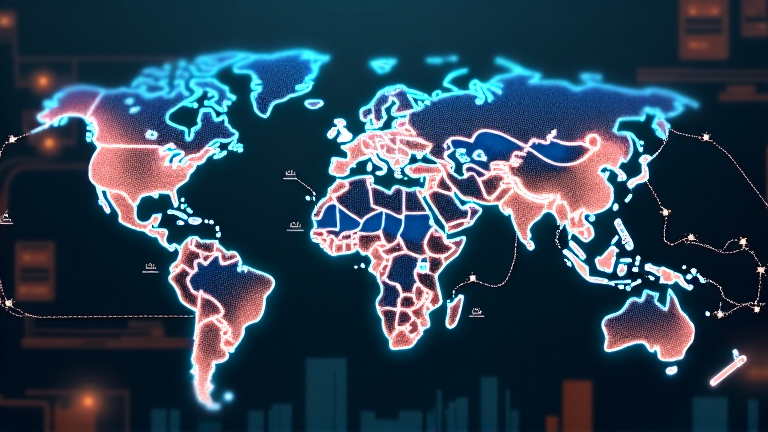
Google's Shift in AI Ethics: Transparency and National Security
New Directions in AI Development
Google has recently modified its approach to artificial intelligence by revising its ethical principles. Notably absent are the previous commitments to refrain from utilizing AI for weapons and surveillance purposes. These changes come in the wake of significant political shifts, including Sundar Pichai's attendance at US President Donald Trump's inauguration alongside other influential tech leaders.
Altered Commitments
When questioned by AFP about this revision, a Google representative pointed to a company blog post laying out the updated AI principles. Unlike earlier statements from 2018 by Pichai, the post by Google DeepMind's chief, Demis Hassabis, and senior vice president James Manyika, excludes specific assurances against developing AI for weaponry or surveillance that breaches international norms.
A Call for Democratic Leadership
The revised principles advocate for "democracies to spearhead AI development" underpinned by "core values such as freedom, equality, and human rights." Hassabis and Manyika emphasize collaboration between companies, governments, and organizations that cherish these ideals. This collaborative effort aims to harness AI in ways that safeguard individuals, bolster global prosperity, and enhance national security.
Previous Promises
Prior to these changes, Google explicitly promised not to deploy AI technologies for purposes that could harm individuals or infringe on internationally recognized surveillance standards. These commitments emerged amidst internal protests against Google's role in a Pentagon project aimed at leveraging AI to enhance weapon systems' targeting capabilities.
A Changing Regulatory Landscape
The political landscape has shifted under the Trump administration. Soon after assuming office, Trump annulled an executive order from former President Joe Biden, which had established AI safety protocols. This change lessens the regulatory pressure on companies vying for leadership in the rapidly advancing AI sector. Companies are no longer mandated to disclose test outcomes that might indicate threats to national security, the economy, or public safety.
Commitment to Transparency
Despite the softening in some of its AI stances, Google continues to commit to transparency by publishing an annual report on their AI initiatives and progress. They stress the competitive global environment in AI development and underline the fact that AI significantly impacts everyday life for billions.
Conclusion
These developments highlight Google's ongoing struggle to balance ethical commitments with pragmatic business and national interests. As AI becomes more integral to global technological advances, scrutiny over its applications will likely intensify.
Note: This publication was rewritten using AI. The content was based on the original source linked above.